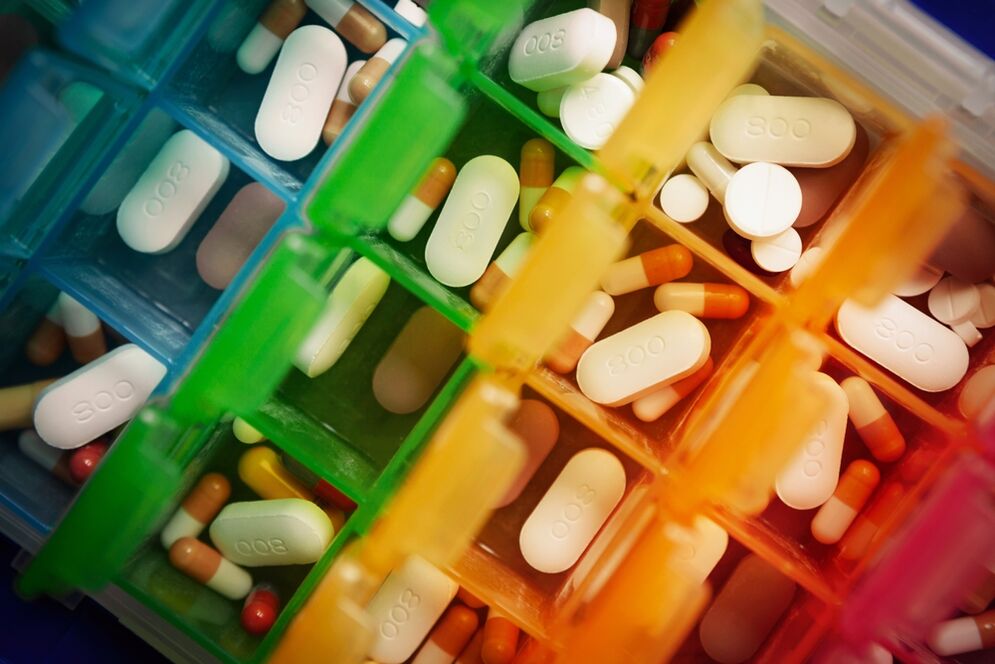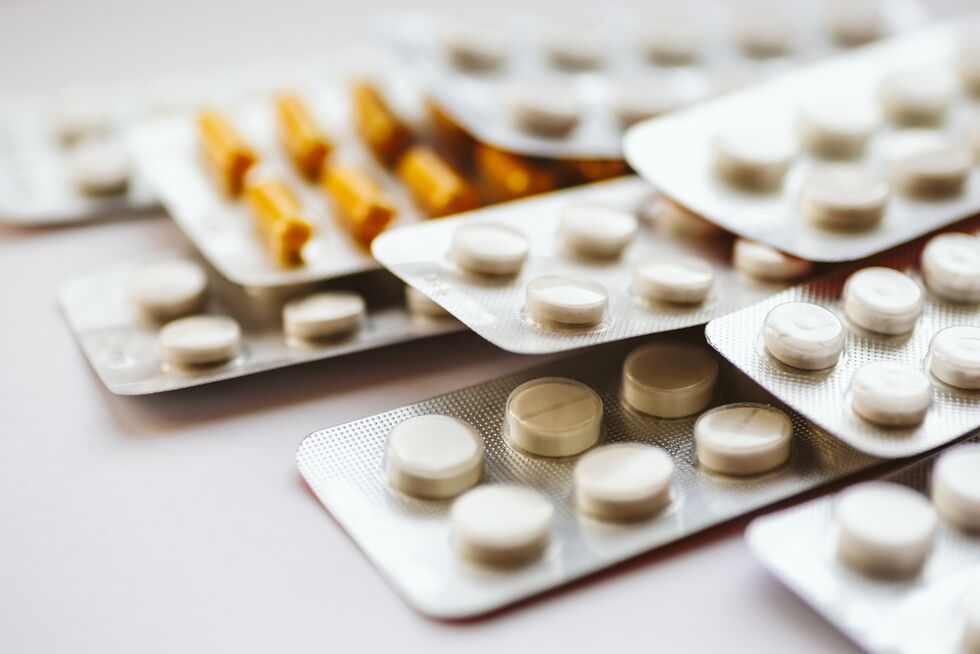Modern blood pressure drugs are divided into 10 different groups according to the mechanism of action.Studying the patient's complaints and test results, the doctor prescribes one or more drugs so that in no case should they be changed independently.Cardiovascular drugs are not something you can "recommend to a friend."A wrong choice can have dire consequences.Antihypertensive drugs are all available by prescription.In this article, we will consider modern classifications based on active substances and the nature of the effect on the body.

People often ask pharmacies for new generation blood pressure drugs without side effects.But this does not happen in practice.All effective drugs have side effects.You should spend a lot of time with your doctor choosing your hypertension medication group.Test, adjust the dose, or change the drug altogether if it doesn't work.
Classification of drugs for high blood pressure (BP)
Diuretics or diuretics
Medicines that increase kidney function remove salts and excess water.This leads to a decrease in blood volume circulation and a decrease in vascular resistance - pressure drops.Not all diuretics are suitable for this purpose.The main requirement of such drugs is the mildness and duration of the diuretic effect and the ability to conserve potassium.Many drugs from this group are included in combination drugs for hypertension.
The most common are thiazides.The drug based on substance intapamide is available in pure form and complex form.Hydrochlorothiazide and ChlorthaliDone are commonly found in blood pressure medications.Examples: substances Chlorhalerone + atenolol, Chlorthalidone + Azilsartan.Numerous options include a hydrochlorothiazide complex with various substances for hypertension: Quinapril, Ramipril, Candesartan, Bisoprolol, Losartan, Valsartan.Intapamide is more common with Lisinopril, Amlodipine and Perindopril.
When diuretics are prescribed correctly by a doctor, side effects are practically non-existent.Potassium loss is not significant.Sometimes a patient needs to change medications due to an allergic reaction.In some cases, your doctor may prescribe potassium supplements.
It happens to be a type of diuretic.There is a drug that contains two diuretics: hydrochlorothiazide and triamterene (potassium sparing).Indications for this remedy are as follows: Edema syndrome, liver cirrhosis and hypertension.
Drugs that affect the activity of angiotensin-converting enzyme (ACE)
Several systems work simultaneously in our body to maintain normal blood pressure.One of them is the Renin-Angiotensin system.We will not describe the specifics of its work, but we will only say that the main active substance that increases blood pressure is Oligopeptide Angiotensin II.When a person experiences a disturbance in vascular balance, angiotensin must be inhibited.For this purpose, a large group of drugs was prepared.
Generations of blood pressure drugs that affect angiotensin II are constantly updated.Many well-known and popular means are already outdated and replaced by more modern and effective ones.
It begins to act in about 1 hour and is active throughout the day.It is considered a powerful medicine.For this reason, many find it difficult to adjust the dosage;This cannot be done without a doctor.A certain side effect is an extreme drop in blood pressure, which is dangerous.Sometimes the cardiologist is forced to completely stop a drug from this group.But for severe headache symptoms, perindopril is an ideal choice, especially in combination with indapamide.Shortness of breath and wheezing while taking perindopril are less common and less common when taking perindopril.
Ace blockers
The newest blood pressure medications without side effects like cough are Ace blockers, which act in a similar way but have a higher safety profile.These are Candesartan, Eprosartan, Irbesartan, Losartan, Telmisartan.Valsartans are no longer considered new.
Sartans reduce blood pressure after 3 hours, but the maximum effect occurs after 4-8 weeks of continuous use.Correct use of this drug reduces the risk of death in patients with a high risk of cardiovascular pathologies.Ace blockers from the Sartan Group are more expensive and better tolerated than Ace inhibitors because they act more selectively.
Beta and alpha adrenergic blockers
This group of drugs works by reducing the activity of adrenaline, which increases blood pressure, heart contractions and strength.Adrenergic blockers are prescribed to people who do not respond to ACE inhibitors, as well as to patients with heart disease.Several generations of drugs are distinguished here.The earliest of them were drugs based on the substances ATENOLOL and METOPROLOL.Now doctors prescribe drugs with the active ingredient bisoprolol fumarate, alone or in combination with the diuretic component.
This drug primarily acts on the heart by reducing blood volume.Additionally, it affects blood vessels and Renin activity.As a result, blood pressure and heart rate decrease.Preventing chronic heart failure, angina attacks and combating hypertension.Side effects can be dangerous: low pulse, dizziness, heart conduction disorders.
Carvedilol has a combined adrenergic blocking effect.It is an alpha and beta adrenergic blocker.It belongs to a new generation and is considered a powerful drug.By dilating them, it reduces the pressure through the heart and peripheral vessels.It is prescribed for the treatment of stable angina, chronic heart failure and hypertension.
Nebivolol is a third generation beta blocker.It has a better vasodilator effect and a higher safety profile.
Calcium channel blockers

Calcium normally maintains myocardial contractility and vascular tone.A group of drugs has been developed to reduce blood pressure in hypertension.
Calcium channel blockers are considered powerful and are sometimes prescribed as an emergency treatment for very high blood pressure.
Preparations based on the substance Amlodipine besylate prescribed for hypertension and angina pectoris.Side effects often include hypotension, palpitations, edema, and worsening cardiac function.Medicines containing lercanidipine hydrochloride reduce blood pressure primarily through the vascular bed and therefore have no or significantly less side effects on the heart.Indications include only hypertension.
Imidazoline receptor agonists
This group of new blood pressure drugs is called Alpha 2 Central Adrenergic Agonist.
As we mentioned above, the important support of pressure in the vascular bed is under the control of many systems in our body.One of them is the vasomotor center in the brain.The representative of the group, the substance moxonidine, reduces the activity of this center and the pressure decreases, the process occurs gradually.
Medicines based on moxonidine reduce blood pressure.However, unlike others, this substance is contraindicated in acute and chronic heart failure, and these pathologies are often accompanied by hypertension.
Side effects include dry mouth, diarrhea, drowsiness, headache, insomnia and nervousness.
As we can see, there are no new blood pressure drugs without side effects.The choice of medicine will be made by the doctor based on the study of blood tests, ECG and tonometer readings.Before starting a doctor, you should keep a diary of blood pressure values, in which the pressure will be recorded in the morning, afternoon and evening.
Adhering to a diet low in salt, animal fats and light carbohydrates, as well as regular sports activities, has a positive effect.
We can recommend nutritional supplements with important elements to improve the functioning of the cardiovascular system.For example, selenium, magnesium, potassium.They are in many popular dietary supplements and vitamin complexes.
Dietary supplementation with Omega 3 supports vascular health and regulates blood pressure.Various medicines are available in pharmacies.


















